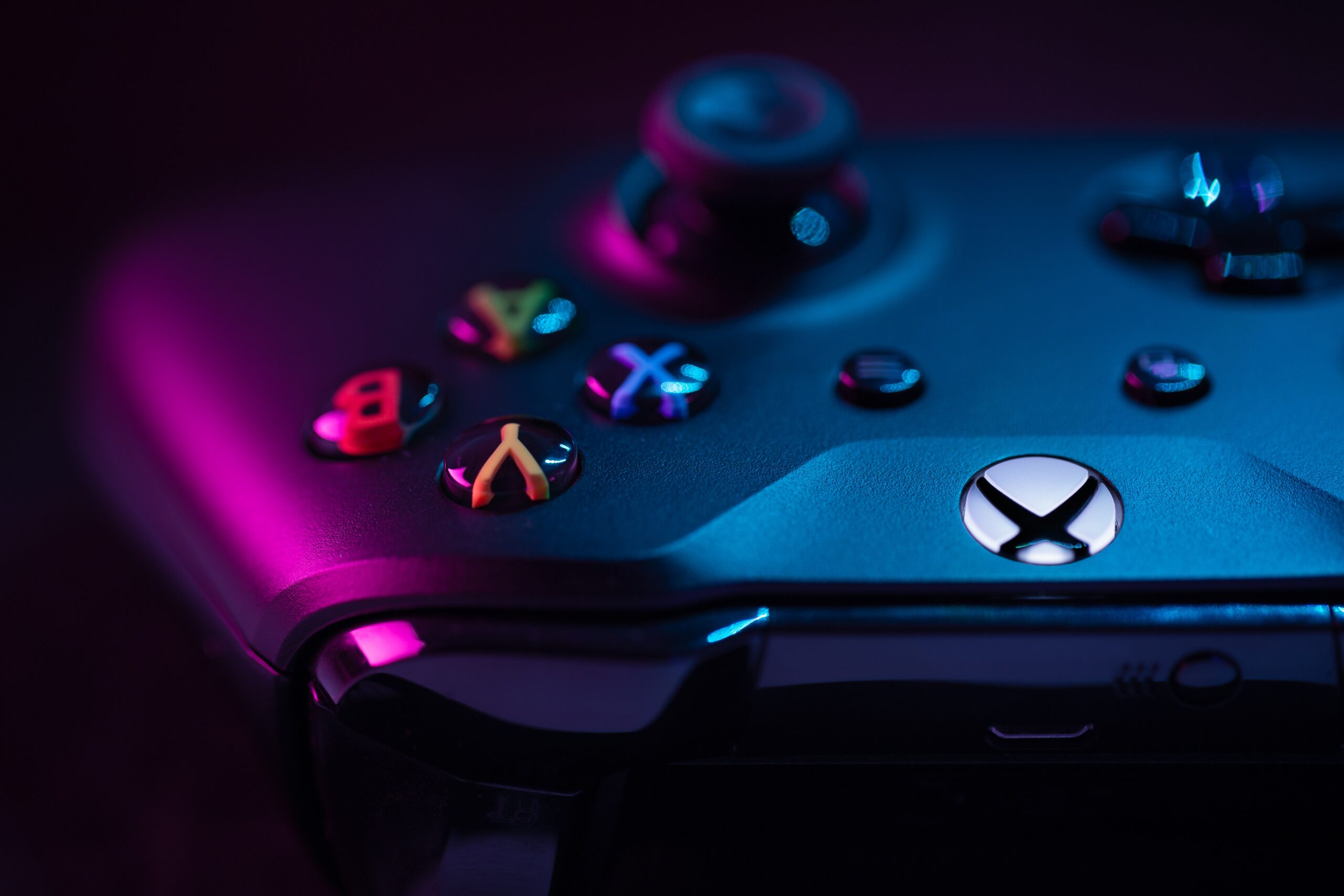7/24/2023
In January of 2022, Microsoft announced that it would be acquiring the video game company Activision Blizzard, known for multiplatform games such as Overwatch, World of Warcraft, and Call of Duty, for $69 billion. Both the US Federal Trade Commission (FTC) and competitor company Sony opposed the merger, fearing it would be a step towards a Microsoft monopoly in the video game industry. In December of 2022, the FTC filed both an internal and subsequent federal lawsuit against Microsoft to block the acquisition, but a judge ruled in favor of Microsoft in federal court this month. The FTC then filed and lost an appeal, ultimately leaving the FTC with very little leverage for their internal lawsuit against Microsoft. Additionally, Sony signed an agreement with Microsoft this month that would require Microsoft to keep Call of Duty titles available on the PlayStation for the next 10 years. This deal prevents Microsoft from having complete control over one of the most popular game franchises in the industry, but the agreement also implies that Sony expects the Activision Blizzard merger to succeed despite the FTC’s efforts. This week, the FTC has paused their internal suit against Microsoft and will likely opt for a settlement.
The back and forth between Sony and Microsoft is a console war between Sony’s PlayStation and Microsoft’s Xbox that has been ongoing since the 2000s. New generations of these consoles consistently release within one year of each other. However, the CEO of Microsoft Gaming admitted that Microsoft has been losing the console war to Sony since it began. Based purely on gaming revenue, Sony is the largest video game company both in game and console sales. Microsoft’s acquisition may offer an advantage on a key front of the console war; Because the technical specifications of consoles within each generation are essentially comparable, consumers are swayed to choose based on console exclusive games they want to play. Since Activision Blizzard has several well-established franchises, the selection and demand for Xbox exclusives could increase.
To understand why the FTC would oppose this merger that seemingly evens the playing field, it’s important to contextualize the companies involved. Ultimately, Sony and Microsoft are not purely video game businesses. For Sony, which is largely a technology company, approximately 30% of their annual revenue came from their gaming sector. For Microsoft, a software company, their gaming revenue is 10% of overall annual revenue. This difference is due to Microsoft’s position as the third largest company in the world based on market cap. In fact, Microsoft’s market cap of $2.1 trillion is 20 times greater than Sony’s market cap. Overall, Microsoft has significant financial weight to throw, and it is how they were able to afford Activision Blizzard. The brand loyalty and antitrust law associated with the console war makes it difficult for Microsoft to completely overtake Sony, but Microsoft does not need to win the war to stay afloat. They already have a significant share of the market for PC and mobile gaming, with plans to expand in those areas rather than in consoles.
The ones who may benefit the most from this acquisition are those working at Activision Blizzard. Microsoft purchased Activision Blizzard despite the company being involved in several lawsuits regarding workplace sexual discrimination and misconduct at the time. Additionally, during development of Diablo IV, game developers were subject to poor management, low wages, and long hours, also known as “crunch” in the industry. While these work culture issues are part of a larger pattern in the game development industry, Activision Blizzard’s transition to Microsoft may offer more structured support: Microsoft is running an ad in partnership with the Communications Workers of America union, stating they hope to bring their pro-union culture to Activision Blizzard. If Microsoft follows through with this promise, then other companies will hopefully follow suit.

